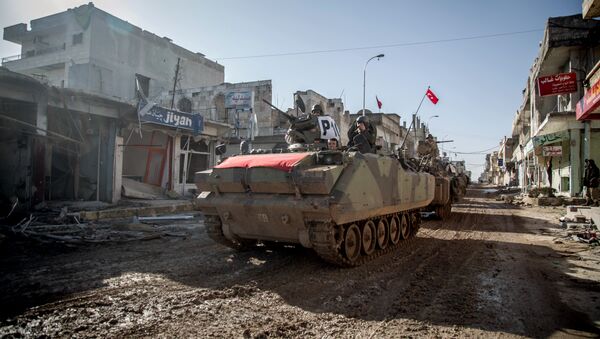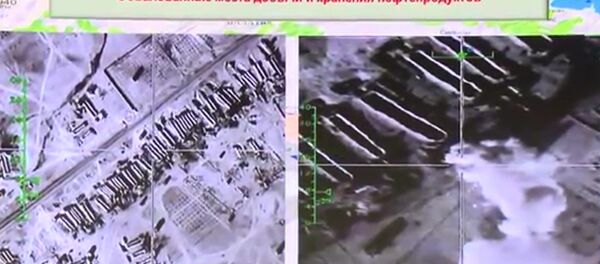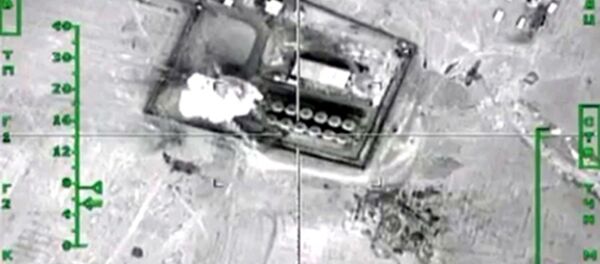Turkey has made a number of “very bad decisions”: by taking up an ambiguous position in Syria, it has started a brawl with Russia and in so doing annoying its western partners, journalist Romain Herreros wrote in his article for the newspaper.
Both were very unpleased with Ankara’s contradictory attitude towards the jihadist group Daesh (also known as ISIL/ISIS) and its pursuit of the Kurds, which France very much counted upon in its fight against the terrorists.
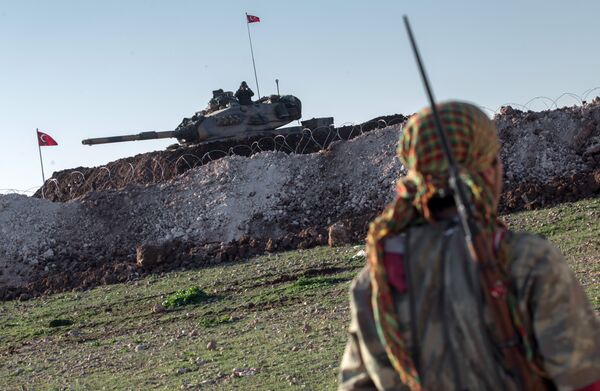
The author then singled out the three major mistakes which led Turkey into a confrontation with Moscow and set it on course to diplomatic isolation.
Backing of Daesh
Regardless of the vehement denials of any oil purchases from the jihadists, there is plenty of evidence of clear links between Ankara and Daesh.
Among other evidences, the author cites the evidence of direct dealings between the terrorist organization and Turkey obtained by the US intelligence after an attack on the compound of a Daesh leader Abu Sayyaf in Syria in May.
Earlier, a major-general from the Free Syrian Army told Sputnik Arabic that they had the copies of the oil contracts between Turkey and Daesh.
Apart from just moral side of the issue, the author explained, this activity has not prevented Turkey from being targeted by Daesh on its own territory and dragged Turkey into confrontation with Moscow, as an abettor of terrorism.
Indirect Confrontation With Russia
Ankara has been supporting the jihadists because they are fighting with President Assad and the Kurds. The Turkish president wanted to accelerate the resignation of President Assad through the jihadists, to be able to establish a Sunni regime across the border. Erdogan was somewhat confident that President Putin wouldn't support the legitimate Syrian president.
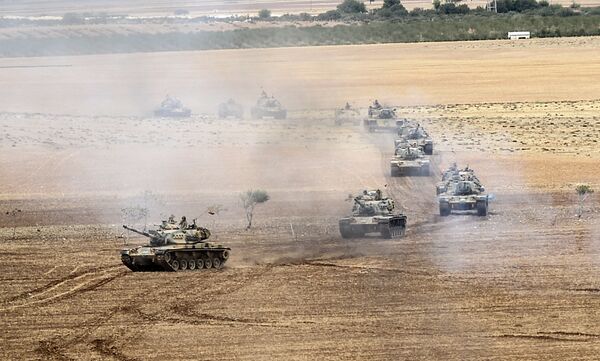
By following the logic of “friends of my enemies are my enemies” Turkey has found itself in confrontation with Moscow.
The consequences of such a mistake are the lack of trust and confidence from the Western partners and an aggravation of ties with Moscow.
Obstinacy
Deadlocked, Turkey had nothing to do but follow the logic of escalation. The shooting down of the Russian bomber only proves its stubbornness.
The short-term consequence of this mistake is the weakening of the prospective for a joint coalition when Presidents Putin and Obama were nearing a positive decision.
In the long term, Turkey won’t any longer be considered a stabilizing player in the region, as it only contributed to “creating of a monster” while sabotaging any efforts to prevent it.

